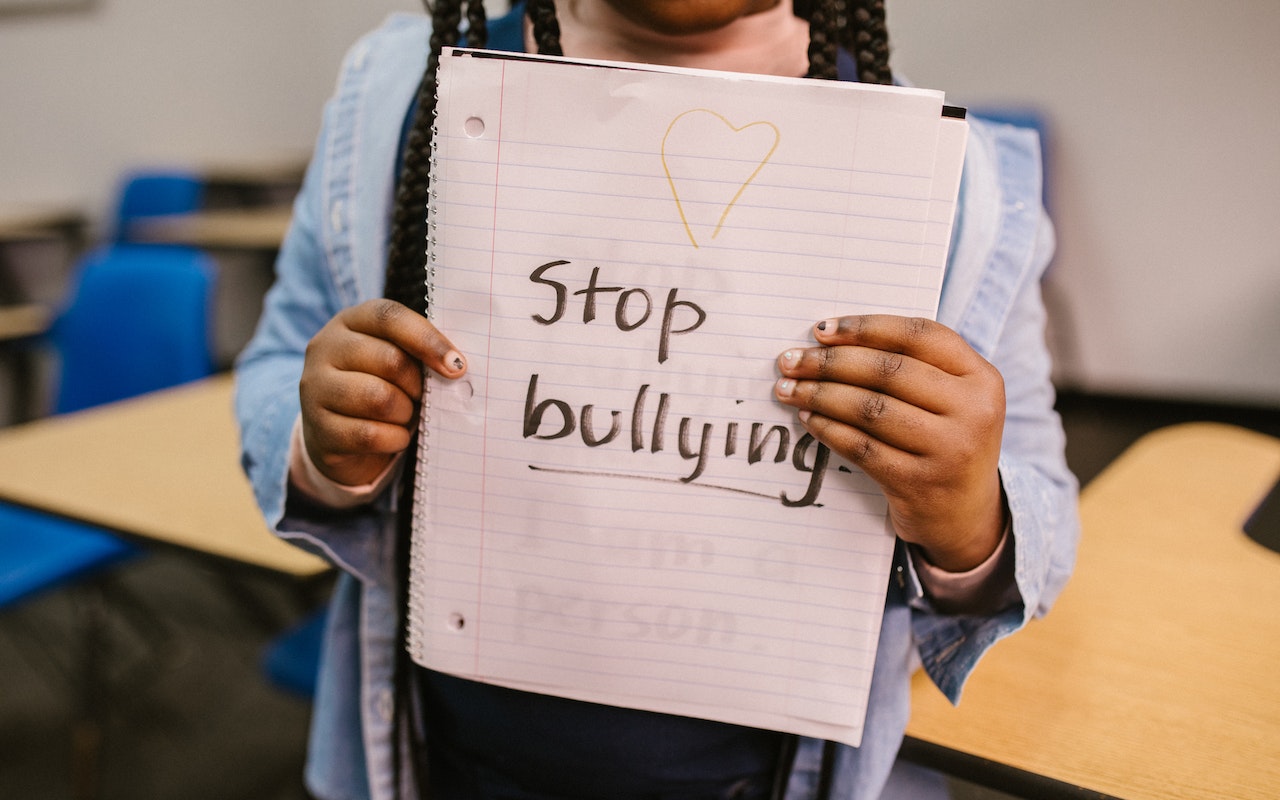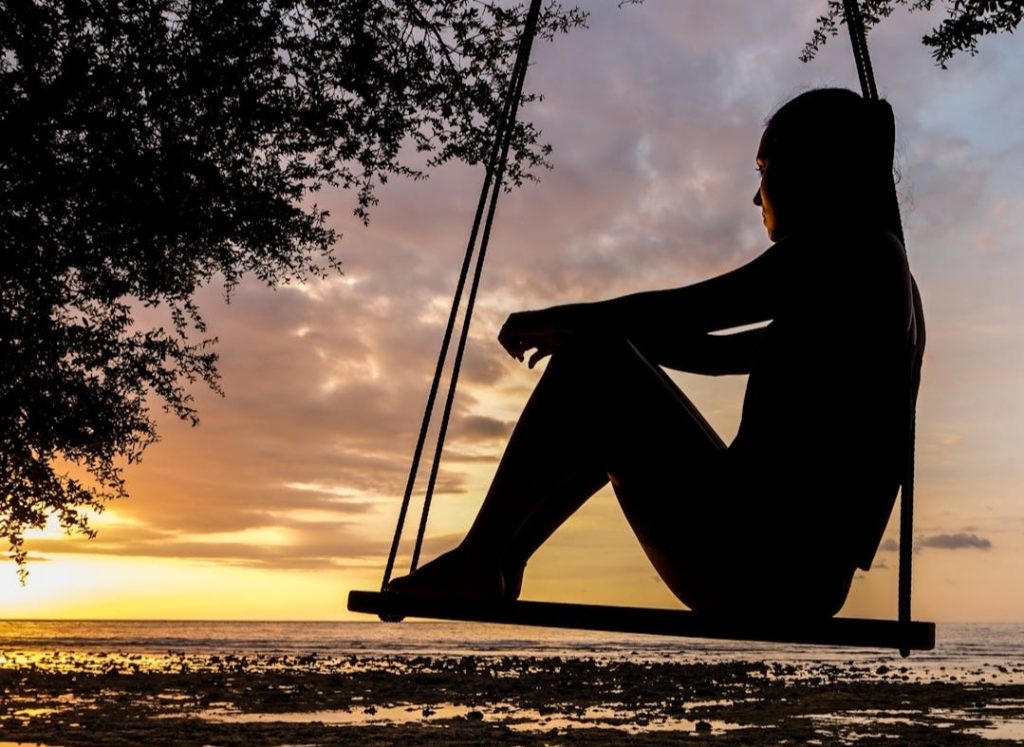On August 18, 2022, in Central Florida, 16-year-old star athlete McKenna Brown committed suicide before starting her senior year of high school. Her parents said she had been cyberbullied and betrayed by her best friend. A standout hockey player, McKenna had hoped to play women’s hockey at the University of South Florida.
On August 27, 2022, in Bossier City, Louisiana the family of 14-year-old Levi Creech went to dinner and arrived home to find him dead from a gunshot wound. His family said he had been the victim of bullying, and plan to file suit against the Bossier School District and the parents of his alleged bullies.
These are just two examples of the devastating aftermath of teens being bullied. On this International Stand Up to Bullying Day, I’d like to share information and offer resources to support students, parents and teachers.
What is bullying?
According to the CDC, bullying is “a form of youth violence described as any unwanted aggressive behaviors by a youth or group of youths who aren’t siblings or current dating partners that involves a perceived or observed power imbalance, and it is likely to be repeated multiple times.”
Bullying can be physical (tripping, hitting), verbal (teasing or name-calling) or social (spreading rumors or being left out of a group). It can also be done electronically which is known as cyberbullying.
Effects of bullying
According to Pacer’s National Bullying Prevention, students who experience bullying are at a greater risk of depression, anxiety, sleep difficulties, lower academic achievement and dropping out of school.
How bad is it?
One out of five students report being bullied at school last year, and it is the most commonly reported discipline problem in public schools. Nearly 14% of public schools report bullying occurs at least once a week.
Warning signs of being bullied
Recognizing the warning signs are important because not all children who are being bullied will ask others for help. Some signs include unexplainable injuries; lost clothes, books, electronics or jewelry; feeling sick or faking an illness; changes in eating habits; difficulty sleeping or frequent nightmares; declining grades; loss of interest in schoolwork; not wanting to go to school; decreased self-esteem; talks of running away, harming themselves or suicide.
How can you prevent bullying?
Talk to your kids everyday about their social lives, encourage open-ended questions such as, “Who did you have lunch with?” “What did you do at recess?” and “What happened on the bus ride or walk home from school?”
Also become familiar with your child’s school policies on bullying. This includes knowing who to call if something happens with your child and having clear expectations for how situations will be handled.
Become an advocate to support bullying prevention. Volunteer to work with teachers and guidance counselors to help develop an anti-bullying program or if your child’s school already has a program, offer to help at events and fundraisers. If not, ask the PTA to sponsor a bullying prevention program.
Recruit other parents to help. When parents are committed to bullying prevention, a school’s program will be more sufficient. Meet on a regular basis to brainstorm ideas and share them with school officials to help put new plans or suggestions into action.
Why don’t kids ask for help?
Kids don’t ask for help for a number of reasons when being bullied. These run the gamut and include shame and embarrassment, fear of retaliation, desire for acceptance, concern about being believed, worried about being a snitch, not knowing how to report bullying, fear of losing access to digital devices, failure to recognize they are being bullied and thinking it won’t help because the adults in their lives will think poorly of them due to the abuse.
If your child does tell you he or she is being bullied, report the incident by contacting school personnel and request a face-to-face meeting to show your commitment to resolving the issue. This can aid in documenting the incident in case the situation escalates, and law enforcement has to get involved.
How can you make a difference as a youth, parent, or teacher?
Since kids rarely report bullying, it’s up to parents, teachers and other caregivers to recognize and be aware of the warning signs. Learn how you can make a positive difference against bullying and please use and share the resources listed below.
For Youth:
How to Stop Bullying at School
You can be someone who stops bullying before it even starts.
FBI Safe Online Surfing Internet Challenge
FBI-SOS is a free, fun, and informative program that promotes cyber citizenship by educating students in third to eighth grades on the essentials of online security.
For Parents and Guardians:
Protecting Kids Online
Resources to help adults talk to kids about making safe and responsible decisions.
For Teachers, Coaches, and School Staff:
School Climate Improvement Resource Package
A variety of resources for stakeholders interested in improving school climate and helping students feel safe, supported, challenged, and accepted.
Her Nexx Chapter invites you to join our free Community where women from around the world are connecting with each other’s stories, exploring different experiences, and transforming ideas.
The Future of Connection for Women








0 Comments